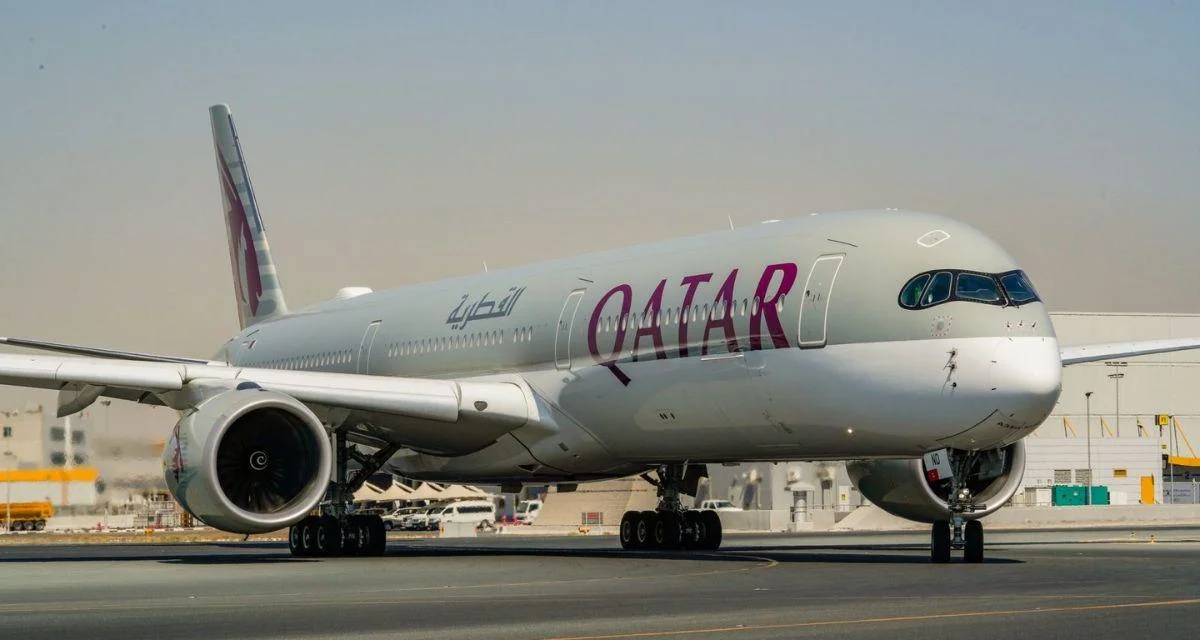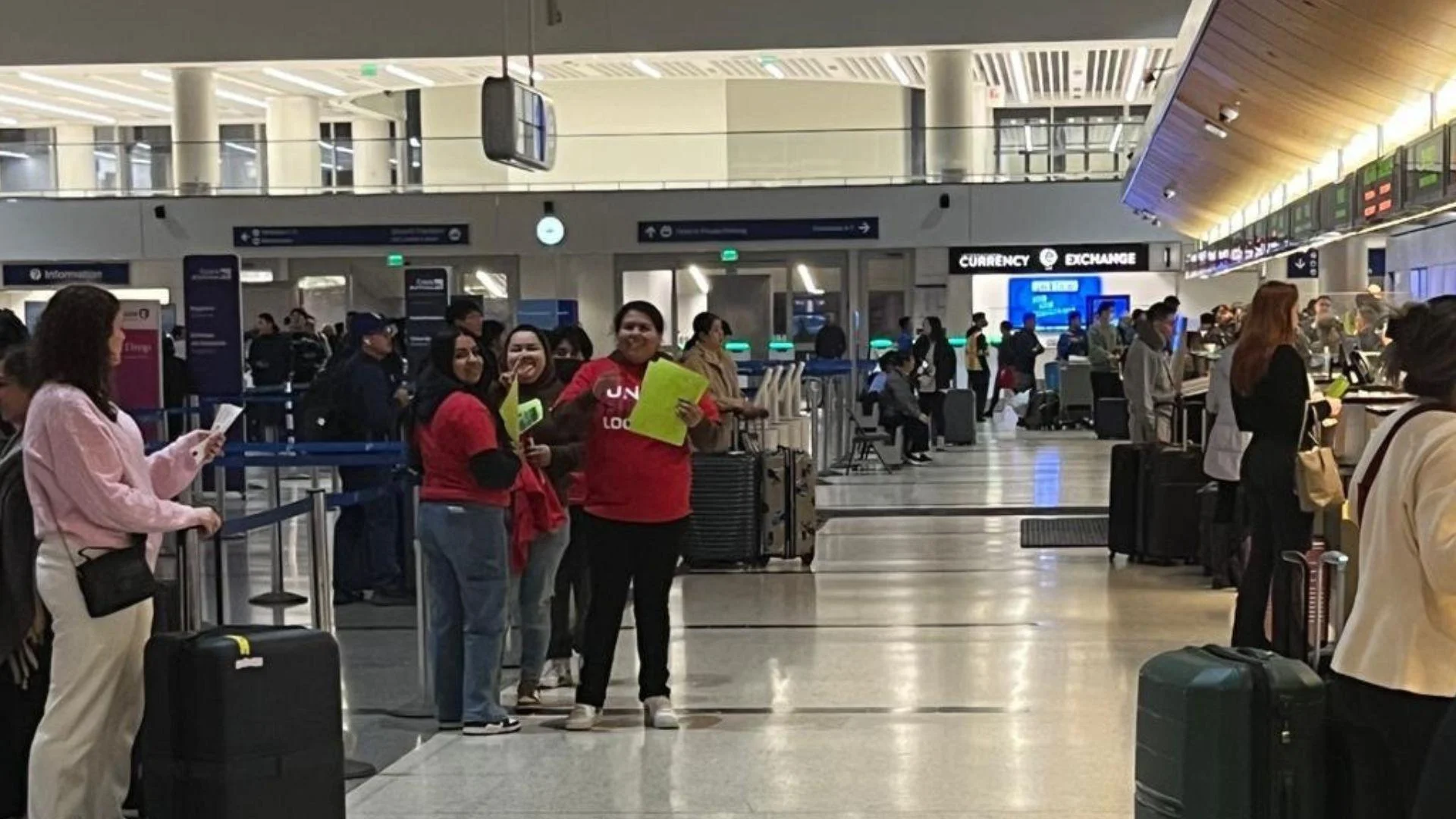Composites play a key role in this strategy. The use of carbon-fiber reinforced plastics (CFRPs) means large parts of the aircraft are not exposed to rust-inducing conditions. Because composites do not develop microcracks like metals do under stress, there are fewer opportunities for moisture intrusion beneath paint layers—a common precursor to corrosion.
Where CFRPs connect with metallic elements like bolts or fittings, Airbus includes insulating layers and sealants to avoid galvanic reactions known as the battery effect. As a result, there are fewer areas on the A350 where corrosion can begin, which leads to reduced maintenance needs and longer intervals between inspections.
Modern airlines employ proactive measures against rust by using protective coatings, storing aircraft in dry conditions with covers or desiccants, and applying inhibitors in fuels and oils. Non-destructive tests—including ultrasound imaging for detecting thinning metal beneath paint—help identify potential problems before they become significant issues.
Despite these advances, there have been incidents involving Qatar Airways related to cracks and peeling in the paint on some A350s. This exposed a sub-layer used for lightning protection but did not compromise structural safety according to European regulators. "Qatar Airways...found cracks and peeling in the paint on its aircraft, which exposed a sub-layer that was used for lightning protection. It immediately identified the situation as a safety issue and grounded a portion of the fleet." Airbus acknowledged cosmetic flaws but maintained that safety was not affected; both parties reached an agreement after legal proceedings.
Industry analysts highlight improvements in corrosion prevention as one of several selling points for the A350 program alongside fuel efficiency, range, flight control systems, and passenger comfort. For airlines operating intercontinental routes where maintenance downtime impacts profitability, having fleets less prone to corrosion offers operational advantages.
The commercial performance of the Airbus A350 reflects this appeal: By mid-2025 about 1,435 units had been ordered globally by airlines and leasing companies; 674 have been delivered while more than 750 await delivery. Major customers include Turkish Airlines, Qatar Airways, Singapore Airlines, Delta Air Lines—and recently Riyadh Air placed an order for 25 Airbus A350-1000s (https://www.businessinsider.com/riyadh-air-orders-39-boeing-787-dreamliners-with-option-for-more-2023-3).
"Some of the airline's biggest customers include Turkish Airlines, Qatar Airways, Singapore Airlines, and Delta Air Lines, all of which have praised the aircraft's corrosion-free nature."
With its focus on reducing long-term maintenance costs through advanced construction techniques aimed at minimizing corrosion risk, the Airbus A350 continues to attract orders from major operators worldwide.
 Alerts Sign-up
Alerts Sign-up




































